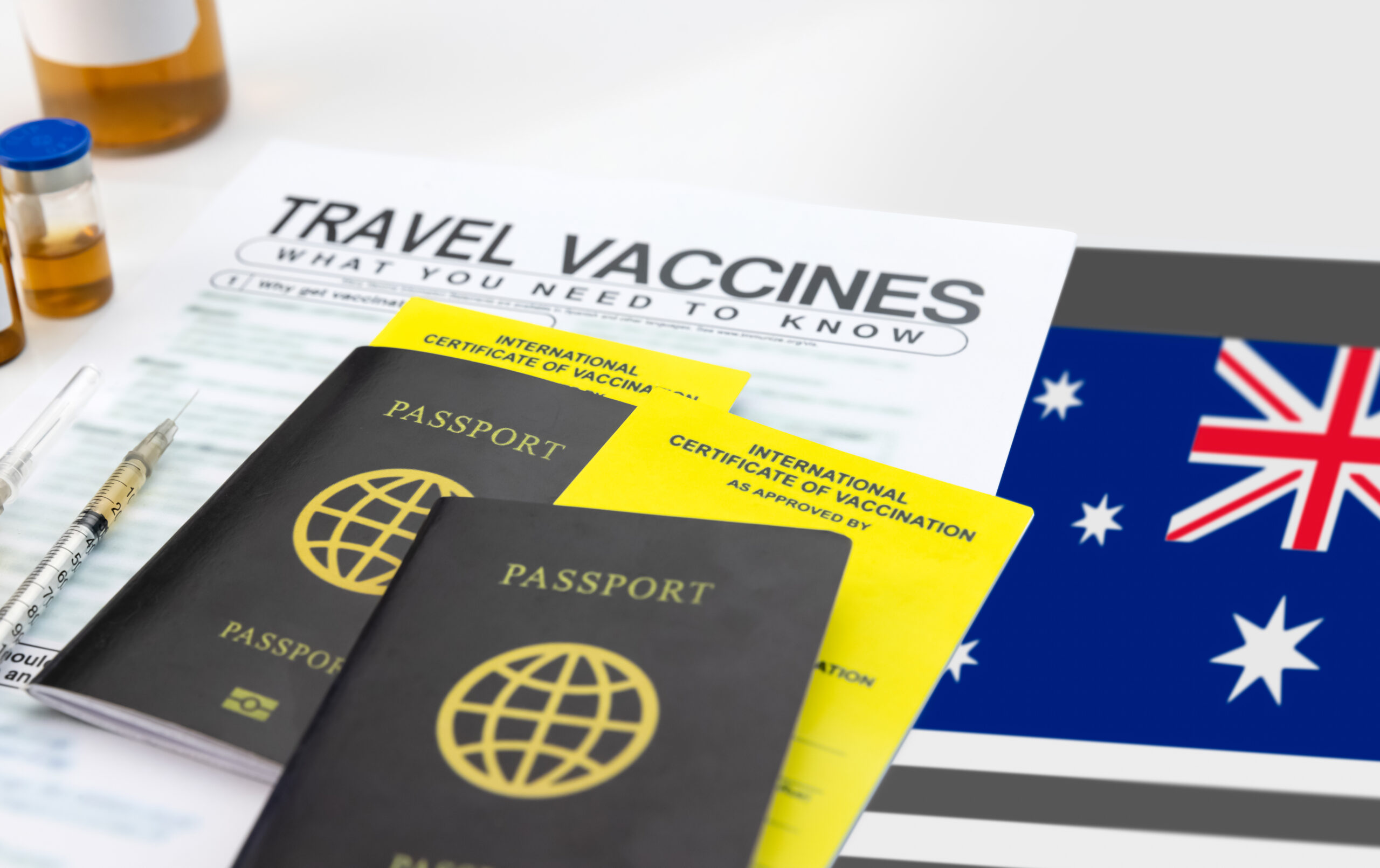ABOUT THE UNITED KINGDOM
The United Kingdom (UK) is a country located in Western Europe, comprising of England, Scotland, Wales, and Northern Ireland. It has a population of around 67 million people and is a constitutional monarchy with a parliamentary democracy. The UK has a rich cultural heritage and has made significant contributions to art, literature, science, and politics throughout history.
The UK is known for its many landmarks, including the Tower of London, Buckingham Palace, Stonehenge, and the Scottish Highlands. It is also home to some of the world’s most famous universities, such as Oxford and Cambridge, which attract students from all over the world.
The UK is one of the largest economies in the world and a major financial center, with London being the financial capital of Europe. It has a highly developed infrastructure and is a hub for international business and trade.
The UK is a member of the United Nations, NATO, and the European Union (EU), although it left the EU in 2020. English is the official language, and the British pound is the official currency.
Overall, the UK is a highly developed country with a rich cultural heritage, a strong economy, and a diverse population, making it a popular destination for both tourists and those seeking to live and work abroad.
WHY UK?
Education: The UK has a world-renowned education system, with some of the top universities in the world. Whether you’re looking to pursue a degree in a specific field or attend a prestigious institution, the UK offers a range of options for students.
Diversity: The UK is a diverse and multicultural country, with people from all over the world living and working there. This makes it a great place to learn about and experience different cultures.
Language: English is the primary language spoken in the UK, which can make it easier for non-native English speakers to live and work there.
Job opportunities: The UK has a strong economy with many job opportunities, particularly in fields like finance, technology, and healthcare.
Travel: The UK is well-connected to the rest of Europe, making it easy to travel and explore other countries.
Culture: The UK has a rich cultural heritage, with a thriving arts and music scene, historic landmarks, and world-class museums and galleries.
Healthcare: The UK has a universal healthcare system, known as the National Health Service (NHS), which provides free or low-cost healthcare to all residents.
Safety: The UK is generally considered a safe country to live in, with low levels of crime and a stable political system.
Nature: The UK has beautiful natural landscapes, from the rolling hills of the countryside to the rugged coastlines and stunning national parks.
Quality of life: Overall, the UK is a great place to live, with a high standard of living and a good work-life balance.
Of course, the decision to study, live, or work in the UK will depend on individual circumstances and preferences. However, the country offers many compelling reasons to consider it as a destination.

STUDY IN THE UK
To apply for a UK student visa, you will generally need to provide the following documents:
Confirmation of Acceptance for Studies (CAS): A CAS is issued by the institution where you have been accepted to study in the UK. It includes a unique reference number and details about your course of study.
Financial evidence: You will need to show that you have enough money to cover your tuition fees, living costs and any additional expenses, such as travel. This can be done by providing bank statements, sponsorship letters or other relevant financial documents.
English language proficiency: You will need to demonstrate that you have a sufficient level of English language proficiency to study in the UK. This can be done by providing a certificate from an approved English language test, or by meeting other specified requirements.
Academic qualifications: You will need to provide evidence of your academic qualifications, such as degree certificates or transcripts, to demonstrate that you meet the requirements for your chosen course of study.
Tuberculosis test results: Depending on your country of residence, you may need to provide proof of a negative tuberculosis test result.
Passport and photograph: You will need to provide a valid passport and a recent passport-sized photograph.
Other documentation: Depending on your specific circumstances, you may be required to provide additional documentation, such as a criminal record certificate or evidence of previous study in the UK.
It’s important to note that the requirements for a UK student visa can vary depending on your specific circumstances and the length of your course of study. It’s important to research the specific requirements and eligibility criteria, and to apply for your visa well in advance of your planned travel dates.
UK BUSINESS VISA
To apply for a UK business visa, you will generally need to provide the following documents:
Passport: A valid passport with an expiration date that is at least six months beyond the date of entry into the UK.
Visa application form: A completed visa application form, which can be submitted online through the UK Visas and Immigration website.
Invitation letter: A letter of invitation from the UK company or organization that you will be visiting, which includes details about the purpose of your visit and the dates of your stay.
Proof of business activity: Evidence that you are engaged in legitimate business activity, such as letters from your employer or business partners, business contracts or agreements, and proof of financial transactions.
Financial evidence: You will need to show that you have enough money to cover your travel expenses and any additional costs associated with your visit. This can be done by providing bank statements, payslips, or other relevant financial documents.
Travel itinerary: A detailed itinerary of your trip, including information about your accommodations and any planned business meetings or events.
Character and health requirements: You may be required to provide information about your character and health status, and undergo a medical examination or provide a police clearance certificate, depending on the length of your stay and other factors.
Other documentation: Depending on your specific circumstances, you may be required to provide additional documentation, such as a letter of introduction from your employer or proof of travel insurance coverage.
It’s important to note that the requirements for a UK business visa can vary depending on your specific circumstances and the nature of your business activities. It’s important to research the specific requirements and eligibility criteria, and to apply for your visa well in advance of your planned travel dates.

TOURIST VISA
To apply for a UK tourist visa, you will generally need to provide the following documents:
- Passport: A valid passport with an expiration date that is at least six months beyond the date of entry into the UK.
- Visa application form: A completed visa application form, which can be submitted online through the UK Visas and Immigration website.
- Proof of financial means: Evidence that you have enough funds to cover the costs of your trip, including transportation, accommodations, and other expenses. This can be done by providing bank statements, payslips or other financial documents.
- Travel itinerary: A detailed itinerary of your trip, including information about your accommodations and any planned activities or excursions.
- Character and health requirements: You may be required to provide information about your character and health status, and undergo a medical examination or provide a police clearance certificate, depending on the length of your stay and other factors.
- Proof of ties to home country: Evidence that you have ties to your home country, such as a job, family, or property, to ensure that you will return home after your trip.
- Other documentation: Depending on your specific circumstances, you may be required to provide additional documentation, such as a letter of invitation from someone in the UK, or evidence of travel insurance coverage.
It’s important to note that the requirements for a UK tourist visa can vary depending on your specific circumstances and the length of your stay. It’s important to research the specific requirements and eligibility criteria, and to apply for your visa well in advance of your planned travel dates.
